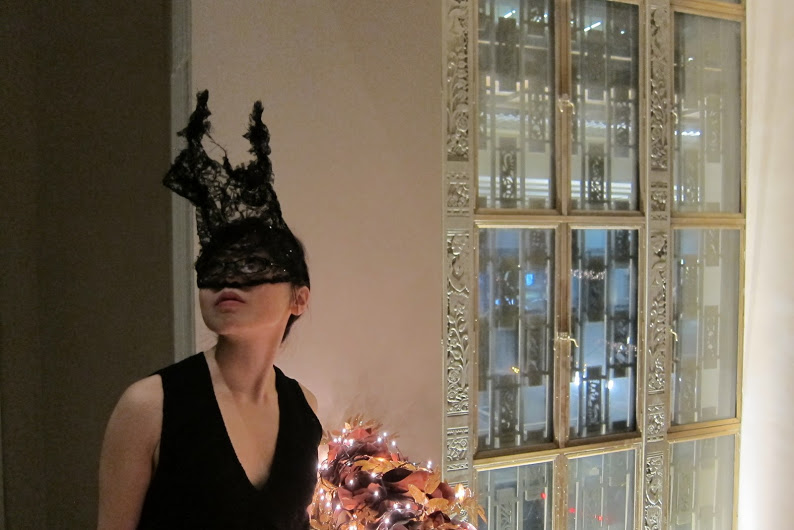So as I mentioned yesterday, I went to one of the talks in the
Veritas Forum. The annual Forum is always produced very well, with panels focusing on the tough questions, the why questions, and the God questions.
The panel was titled "Can't Get No Satisfaction? What Positive Psychology and Christianity Have to Offer." First, Carol Kauffman, a psychiatry professor and a personal "coach" gave a presentation outlining positive psych but mostly giving advice for people. She was really easy to listen to and assuring, speaking like Laura Roslin from
Battlestar. Some of her tips sounded kinda like what you'd find in one of those "X Steps to Complete Fulfillment" books in the self-help section, but they were backed by SCIENCE, so I suppose they're more reliable. Anyhoo here's some notes:
- before, psychology focused on pathology, now it's turning to well-being and virtue and the study of conditions and processes that lead to these things; before, "happiness" was not something you could publish on
- as people have gotten wealthier by 3 times over the last 50 years, they have gotten 0 times happier
Then she discussed steps to improve one's happiness:
1) reverse the focus
- what we pay attention to affects how we feel
- the Zeigarnik effect: people pay attention to what is incomplete and out of order, what they did wrong instead of what they did right
- so one needs to consciously hang on to the positive: before you go to sleep, think about 3 good things you did that made you feel good
- positive Pygmalion effect: if you are looking for positivity, you are more likely to find it
2) identify and harness your strengths
- take the VIA test to identify your strengths
- match your work style with your strengths; I think she said people who were told to do this for a week felt happier and worked more efficiently and were better off six months later
3) power of positive effect
- What is happiness? apparently there's an equation for this:
SWB (subjective well-being) = 50% B + 10% LC + 40% VB
B = biological/genetic influence
LC = life circumstances
VB = voluntary behavior
- So, success doesn't make you happy, happiness causes success.
4) coaching for flow
- famous psychologist Csikszentmihalyi: believed one is most happy in a state of flow
- Flow occurs when one's challenge matches one's skill level: if the problem is too hard, one feels overwhelmed, if it is too easy, one feels bored.
- so one must raise or lower the bar of either the challenge or the skill level
The next speaker was Stephen Post, a professor of various fields, and also head of the Institute for Research on Unlimited Love. His talk was about how people feel good when helping others, a fact which is supported by studies, and about how that ties in with what Christianity tells people to do. Some things he mentioned:
- C.S. Lewis said "Joy is the serious business of heaven"
- Various quotes from the Bible: to give is better than to receive, etc.
- Studies have shown that married people, people who worship regularly are happier than others, along with people whose purpose in life extend beyond themselves
- There was a study where they hooked up devies to people recording their activities throughout the day, and later found that 70% of the time they were happy occured when they were helping others
- Some TIME magazine poll found that ~70% of people were most happy when contributing to the lives of others.
- "The secret virtue of Jesus is mirth"
So, not the most informative of talks, and indeed he sounded like he was preaching a lot of the time. I don't have a problem with his urging people to do good, it's just sometimes it seemed he was using the scientific studies to prove the truth of the moral importance of doing good (See the Bible says it's better to give than receive. How can that be true? Well here's this study that showed that people feel better when they give..). One can tell people to do noble things by saying it'll make them feel better, or by telling them it's their responsibility. The two reasons don't necessarily intersect (Post mentioned that when he was on 20/20, John Stossel asked him that by feeling good for doing good, doesn't that make a person selfish, and he responded that he'd encourage everyone to seek this happiness, that it's not a problem. I don't think he resolved the issue.) And you can't really support the moral imperative with polls or evidence. The overall message isn't bad, it's just not completely logically sensical.
Well I'll stop playing the devil's advocate. Tonight I'll think about 3 things that made me happy today.
Labels: lecture, psychology

